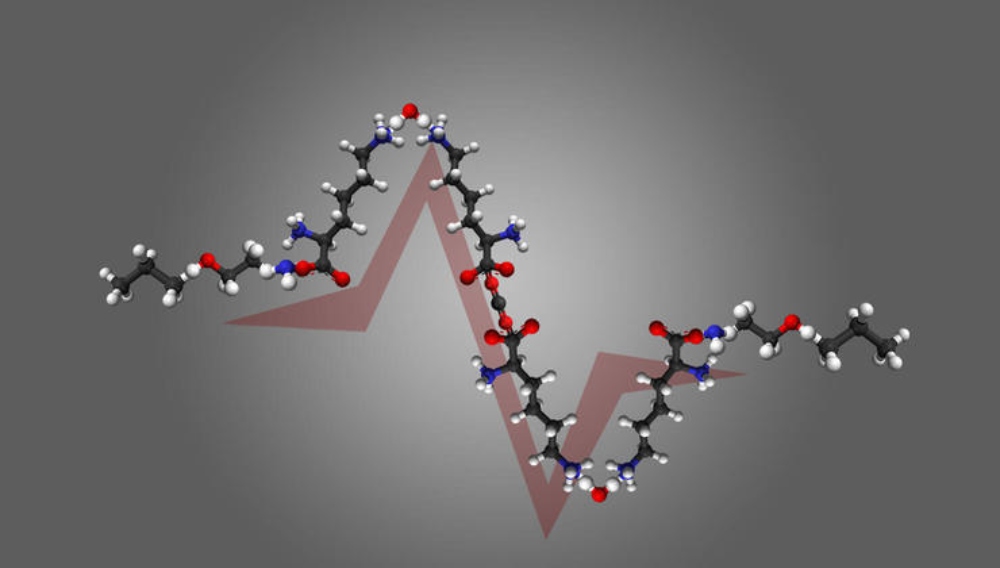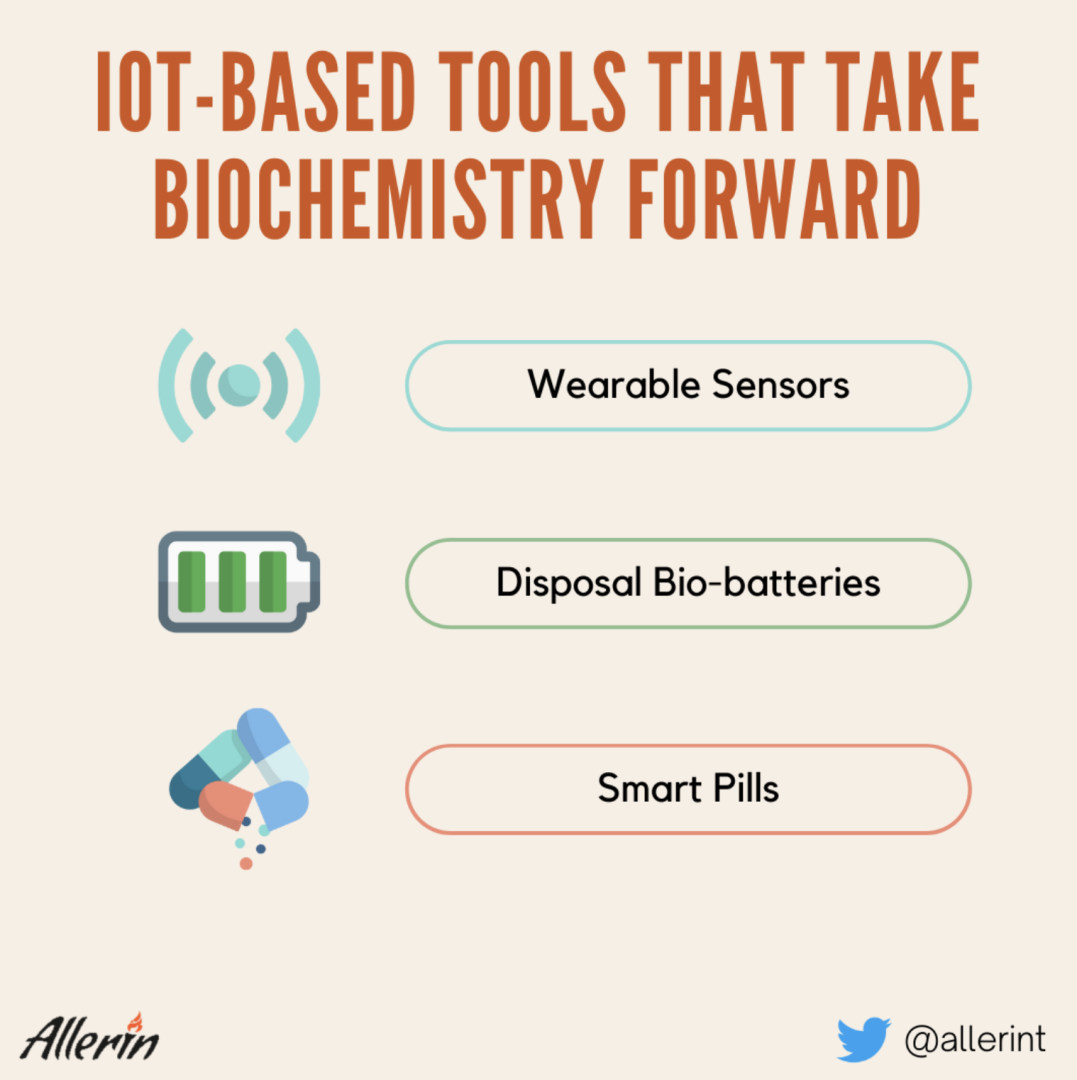Comments
- No comments found

The field of biochemistry is experiencing a paradigm shift with the integration of the Internet of Things (IoT).
Biochemistry enables experts to involve IoT tools in major operations. IoT, a network of interconnected devices and sensors, has revolutionized the way biochemical research is conducted, enabling scientists to gather real-time data, monitor experiments remotely, and streamline laboratory processes. This article explores the transformative role of IoT in biochemistry and highlights its impact on various aspects of research, from data collection and analysis to laboratory automation and precision medicine.

IoT devices and sensors have transformed the way data is collected in biochemistry laboratories. Researchers can now gather real-time information on various biochemical parameters, such as temperature, pH levels, and enzyme activity. These IoT-enabled devices can be seamlessly integrated into experimental setups, providing researchers with accurate and continuous data streams. Real-time monitoring allows scientists to closely monitor experiments, detect anomalies, and make immediate adjustments, improving experimental reproducibility and efficiency.
IoT technologies enable researchers to remotely access and monitor experiments from anywhere in the world. Through IoT-connected devices, scientists can remotely control laboratory equipment, monitor data streams, and receive alerts or notifications. This capability promotes collaboration among researchers, allowing them to share data, insights, and expertise in real-time. Remote access also enhances flexibility, as researchers can monitor experiments outside traditional laboratory settings, enabling greater work-life balance and fostering a global scientific community.
The vast amount of data generated in biochemistry research can be overwhelming to analyze manually. IoT platforms provide tools for data integration, storage, and analysis, facilitating the extraction of meaningful insights. By leveraging IoT-driven analytics, researchers can identify patterns, correlations, and trends in complex datasets, leading to new discoveries and advancements in biochemical research. These data-driven insights can inform the development of novel therapies, drug discovery, and personalized medicine approaches.
IoT-enabled automation is transforming laboratory workflows, improving efficiency, and reducing human error. Smart lab devices and robotics, integrated with IoT technologies, can perform repetitive tasks, sample handling, and data recording with high precision and accuracy. This automation frees up researchers' time, allowing them to focus on more complex and creative aspects of their work. IoT-driven automation also enhances reproducibility, as experiments can be precisely controlled and replicated, leading to more reliable scientific outcomes.
IoT plays a crucial role in advancing precision medicine, tailoring medical treatments to individual patients based on their genetic makeup, lifestyle, and environmental factors. By integrating IoT devices, wearables, and sensors, healthcare professionals can gather continuous patient data, monitor vital signs, and track response to therapies in real-time. This data-driven approach enables personalized treatment plans, early disease detection, and optimized patient care. IoT empowers biochemists and healthcare providers to deliver targeted therapies, improving patient outcomes and revolutionizing the field of medicine.
The integration of IoT in biochemistry has brought about significant advancements in research, data collection, analysis, laboratory automation, and precision medicine. The ability to collect real-time data, remotely monitor experiments, and leverage IoT-driven analytics has transformed the way biochemists conduct their work. With IoT technologies, researchers can gain deeper insights, improve experimental reproducibility, and accelerate scientific discoveries. As the IoT continues to evolve, it holds immense potential for driving innovation, enabling personalized therapies, and revolutionizing the field of biochemistry for a healthier future. Embracing IoT in biochemistry research is key to staying at the forefront of scientific advancements and unlocking new possibilities for understanding the complexities of life.
Naveen is the Founder and CEO of Allerin, a software solutions provider that delivers innovative and agile solutions that enable to automate, inspire and impress. He is a seasoned professional with more than 20 years of experience, with extensive experience in customizing open source products for cost optimizations of large scale IT deployment. He is currently working on Internet of Things solutions with Big Data Analytics. Naveen completed his programming qualifications in various Indian institutes.
Leave your comments
Post comment as a guest